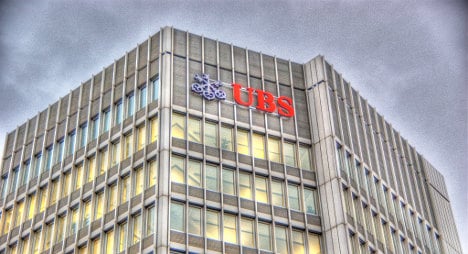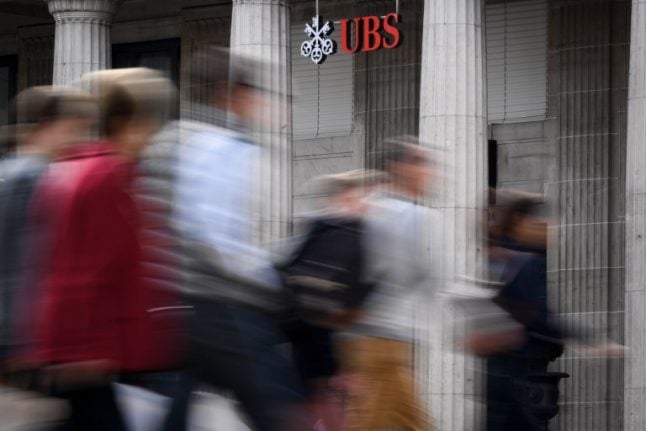Before entering the witness box at Southwark Crown Court, Adoboli was charged with two further counts of false accounting, to which he pleaded not guilty.
He choked up and wiped his eyes with a handkerchief when his lawyer noted that his father, a Ghanaian former United Nations official, had been at the court to support him since his trial began on September 10th.
Adoboli, 32, stands accused of faking hedge deals by inventing clients, leaving Switzerland's biggest bank exposed to huge losses when the market turned against him.
In addition to the new charges, he also denies two charges of fraud and two charges of false accounting in the period between October 2008 and September last year.
"This is the first opportunity you have had to give evidence on oath," his lawyer Paul Garlick told him.
Wearing a dark suit, white shirt and a red tie, Adoboli confirmed his name, date of birth and place of birth in the Ghanaian capital Accra.
He described his early life, moving from Ghana to Jerusalem, then Damascus, Ghana and Israel again due to his father's work.
He became emotional and wiped tears from his eyes as his lawyer said his father had been in the courtroom throughout his trial to support him.
After recovering his composure, Adoboli explained that to end the disruption of moving from country to country, he was sent to a Quaker boarding school in England and then attended a university in England.
While there he secured an internship with UBS, which then offered him a job.
After working in settlements and trade support, he joined the exchange traded funds (ETF) desk in September 2006, working under desk chief Mike Foster and alongside trader John Hughes.
"The business was growing so rapidly and the book was so big and so complex
the two of them just couldn't do it on their own," he said.
Under Foster, profits grew from $5 million in 2005 to $65 million in 2007. When he left that year, it was a "huge blow".
That left Hughes as the senior trader, with just Adoboli alongside him.
Adoboli said it seemed "crazy" that a 26-year-old with five years' experience was in charge of a $50 billion book but "that's how it was".
"We wanted to make sure we could build something we were proud of," he said, breaking down in tears again.
"I did all of the client trading, all of the risk management of the book."
He said the two of them reported to a new line manager, but he "didn't have any experience of how an ETF desk works. To be honest, no one did apart from myself and John.
"After about six months, they realized, to be fair, we were struggling."
A "babysitter" was brought in to manage them, but he was made redundant in 2008, with a young trade assistant going at the same time, in the midst of the global financial meltdown.
"The markets had gone into the crisis that we are ultimately still in. We needed help," Adoboli said.
He said he would work from 6am until 9pm or sometimes later.
"On two occasions, I actually slept under the desk," he said.
"It didn't get any easier. The hours just got longer."



 Please whitelist us to continue reading.
Please whitelist us to continue reading.
Member comments